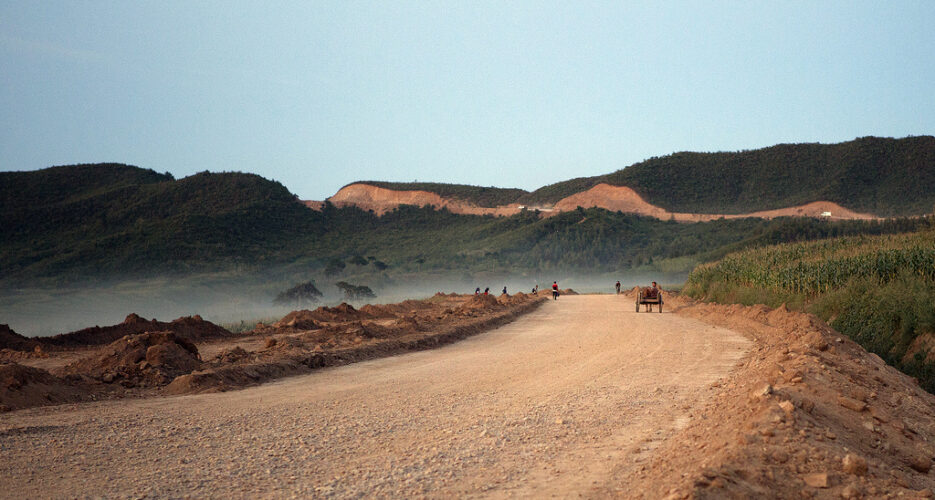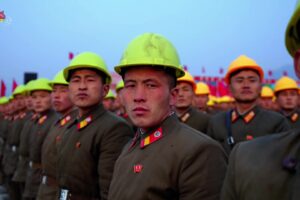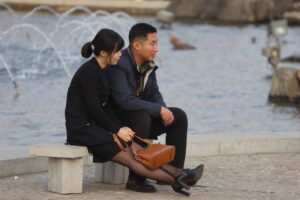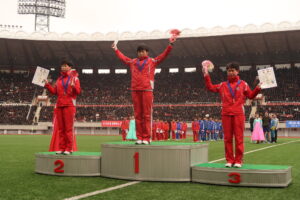In the summer of 1995, North Korea released its first wide-scale appeal for international humanitarian aid. The DPRK was in the midst of a famine caused largely by structural factors, but could conveniently lay blame on a series of natural disasters that had unfolded in the mid-1990s. As a result, international organizations, bilateral mechanisms, and non-governmental organizations (NGOs) began programs in the country.
Despite making the appeal for aid, the DPRK remained largely suspicious of foreign intent and obsessed with restricting information and movement. The authorities subjected humanitarian groups to rigorous challenges of access, from aid recipients, which towns and provinces they could work in, and what kind of programs they could implement.
In the summer of 1995, North Korea released its first wide-scale appeal for international humanitarian aid. The DPRK was in the midst of a famine caused largely by structural factors, but could conveniently lay blame on a series of natural disasters that had unfolded in the mid-1990s. As a result, international organizations, bilateral mechanisms, and non-governmental organizations (NGOs) began programs in the country.
Despite making the appeal for aid, the DPRK remained largely suspicious of foreign intent and obsessed with restricting information and movement. The authorities subjected humanitarian groups to rigorous challenges of access, from aid recipients, which towns and provinces they could work in, and what kind of programs they could implement.
Try unlimited access
Only $1 for four weeks
-
Unlimited access to all of NK News: reporting, investigations, analysis
-
Year-one discount if you continue past $1 trial period
-
The NK News Daily Update, an email newsletter to keep you in the loop
-
Searchable archive of all content, photo galleries, special columns
-
Contact NK News reporters with tips or requests for reporting
Get unlimited access to all NK News content, including original reporting, investigations, and analyses by our team of DPRK experts.
Subscribe
now
All major cards accepted. No commitments – you can cancel any time.










